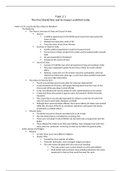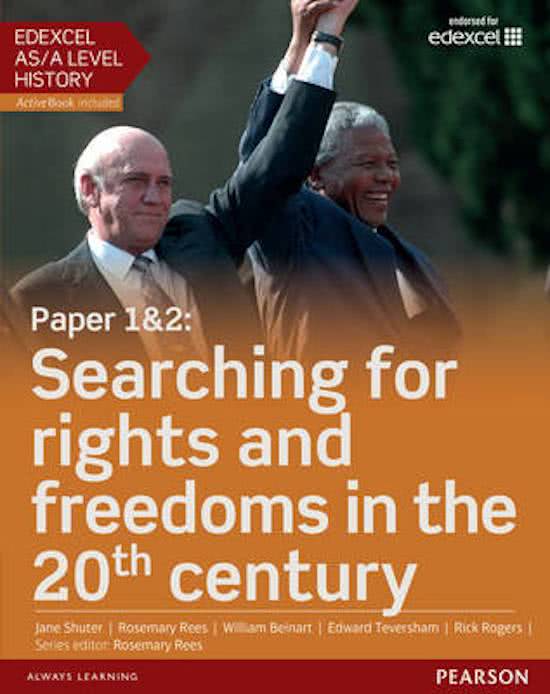Topic 2.1
The First World War and its Impact on Britsh India
India in 1914: Loyal to the Raj or Ripe for Rebellion?
The Britsh Raj
The Viceroy, Secretary of State and Council of India
Viceroy:
A politcal appointment by the Britsh government that represented the
Crown in India
Worked from Deli with a staf of 700
Twice the salary of the Prime Minister
Secretary of State for India
Another politcal appointment made by the government
The Secretary of State worked from London and formulated policy towards
India
He was answerable to Parliament
Assisted by the Council of India
Council of India
A group of 15 Britsh men who had experience living and working in India
They were supposed to guide the Secretary of State to create relevant
policy
However, many were ex-civil servants and army commanders, who had
retred from India many years ago, as such they ofen provided irrelevantly
and out of date informaton
The Indian Civil Service (ICS)
The ICS ensured that government policy for India was implemented
It was hierarchical in structure, with power fltering down from the crown to the
Viceroy and all the way down to local ofcials
It was very efcient and was the model for other administratons in the empire
It took only those who passed a rigorous exam and required a Britsh University
educaton
This meant that it was virtually impossible for Indians to enter the ICS untl 1919
when ICS exams were held in Rangoon and Delhi
Although there were few Indian ofcials, there were millions of Indians who worked
within the structure of the ICS as secretaries, policemen and lawyers but always
answerable to a Britsh ofcial
Princely States
The Britsh Raj and ICS directly controlled 65% of all of India
The 562 Indian Princes controlled the remaining 35%
These were not subject to direct Britsh rule but had treaty arrangements with the
Britsh
These allowed the states to set their own holidays, laws, languages and rulers but
were under the ‘protecton’ of the Raj, so they had to follow the general policy
Indian Society and Religion
Religion
In India, there were many diferent religions
Hindus (70%)
Formed the clear majority of Indians
Generally, had louder, more energetc religious practses
The caste system dictated their lives and social standing:
The caste system was a system based on purity and polluton
Dead bodies and excrement were pollutng substances-the closer
people got to them in their work the lower the caste





